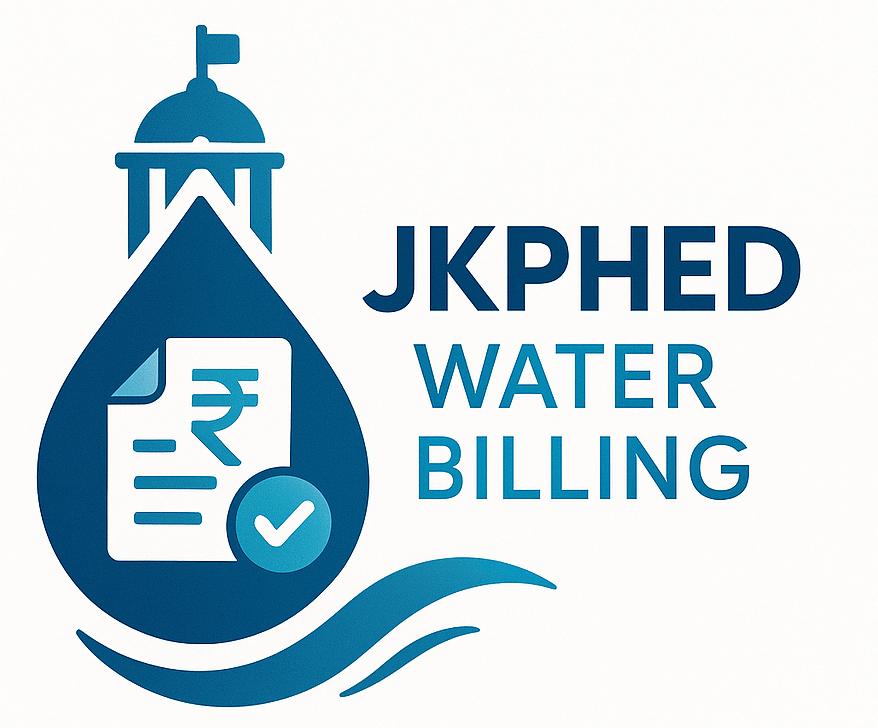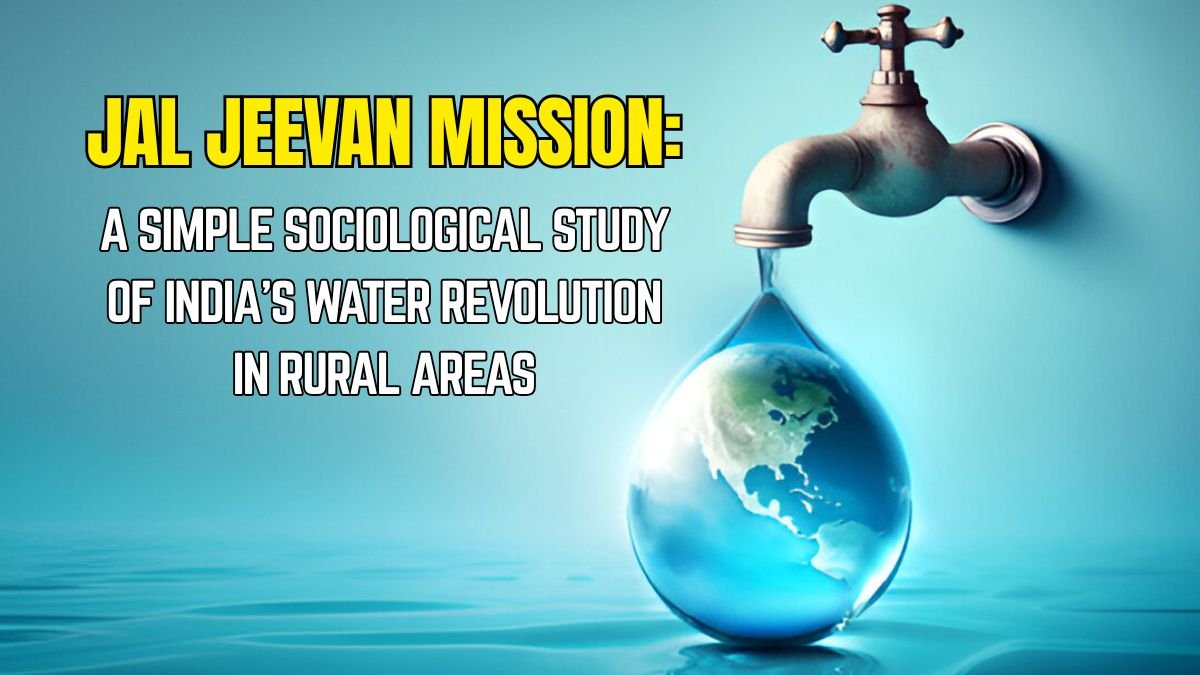Jal Jeevan Mission, launched by the Government of India in 2019, is an ambitious and revolutionary initiative to provide pure drinking water to every rural household in the country. Access to clean water is a fundamental human right as well as an important aspect of sustainable development. In this article, we will discuss in depth the sociological aspects of Jal Jeevan Mission, trying to understand its social impact, power structures, challenges and community participation required for the successful implementation of the mission. An attempt has been made to understand the complexities and social consequences of this program based on the perspectives of Indian and Western sociologists as well as factual data.
Definition and objectives of Jal Jeevan Mission
Jal Jeevan Mission, also known as the National Rural Drinking Water Program (NRDWP), is a flagship program of the Government of India that aims to provide functional household tap connections (FHTCs) to all rural households in the country by 2024. The mission focuses on holistic management of water resources, community participation, and sustainable water supply solutions to address the age-old problem of water scarcity in rural areas. The scheme relies not only on technical or physical solutions but also on social change and active participation of the community.
Understanding Jal Jeevan Mission from a sociological perspective
Sociologists view the Jal Jeevan Mission through various theories and concepts. These include community participation, development communication theory, and water governance. These theories help in understanding the social structure of the mission, power relations, and the role of local communities.
Community Participation:
The active participation of the local community is extremely important for the success of the Jal Jeevan Mission. When rural people feel responsible for the planning, implementation, and maintenance of the water supply system, it establishes sustainable water management practices. Community participation not only promotes water conservation but also strengthens social trust and cooperation.
Development Communication Theory:
Effective communication is essential for the success of developmental schemes. Development communication theory emphasizes that messages should be simple, culturally appropriate and understandable to the community to spread awareness. Jal Jeevan Mission requires people to understand the importance of water conservation and adopt good water use habits so that they become a part of this campaign.
Water Governance:
Water governance means the institutional arrangements and decision-making process for managing water resources. Jal Jeevan Mission aims to strengthen water governance at the village level so that local bodies can operate water supply systems effectively. This decentralized governance model ensures transparency, accountability and community control in water management.
Perspectives of Indian and Western Sociologists
Indian sociologists have been deeply researching the water crisis and the social impacts of government efforts. Sunita Narain and Anil Agarwal, in their book “Making Water Everybody’s Business,” have highlighted the importance of water harvesting techniques and community-based water management in India. They advocate the inclusion of traditional water conservation practices in modern schemes, which can solve the water crisis in the long term.
Among Western sociologists, Elinor Ostrom’s contribution is particularly notable. In her book “Governing the Commons,” she focuses on collective management of natural resources, presenting models of community decision-making and self-governance for common pool resources such as water. Her research shows that when communities are given the authority and responsibility to manage resources themselves, they can ensure sustainable and equitable use of resources.
Social impacts and challenges
The social impacts of Jal Jeevan Mission are wide-ranging and deep. Availability of clean drinking water improves health in rural areas, especially for women and children, who often shoulder the responsibility of fetching water from faraway places. Improved water availability not only reduces disease but also makes it easier for children to attend school, as they do not have to waste time fetching water.
However, there are many challenges in the proper implementation of the mission. Availability of water sources, sustainable management of water, financial limitations, and the need for behavioural change towards water use and conservation are major barriers. In addition, technical and administrative capacity at the local level to maintain water supply may also be limited, which affects the pace of the mission.
Statistics and Progress
As of August 2023, Jal Jeevan Mission has made significant progress in providing tap connections to rural households. Around 3.23 crore households had tap connections on 15 August 2019, in the initial phase of the mission, which increased to 12.7 crore households by 5 August 2023. Thus, the connection coverage has increased from a mere 16.6% at the start of the mission to 65.6% now. This figure is a testimony to the success of the mission and the efforts made towards improving water supply in rural India.
Conclusion
Jal Jeevan Mission is an impressive and necessary effort to meet the water needs of India’s rural communities. Analyzing this mission through sociological theories helps us to understand its social complexities and impacts in depth. Community participation, effective organization, and community planning have been key factors in the implementation of water supply.
Elements such as water conservation, and decentralized water governance are the fundamental pillars of the success of this mission.
The views of Indian and Western sociologists also tell us that a combination of traditional knowledge and modern technologies is necessary for water conservation. Increasing social awareness and bringing about behavioral change are the biggest challenges in this direction, which need to be dealt with. Only through collective efforts and cooperation of the government, community and individuals can the objectives of the Jal Jeevan Mission be achieved.
Through this mission, not only will rural India get clean and safe drinking water, but it will also prove to be an important step in achieving the goals of sustainable development. Jal Jeevan Mission reminds us that water is a precious resource, which should be given the highest priority for conservation and proper management so that future generations can also benefit from this life-giving natural boon.

